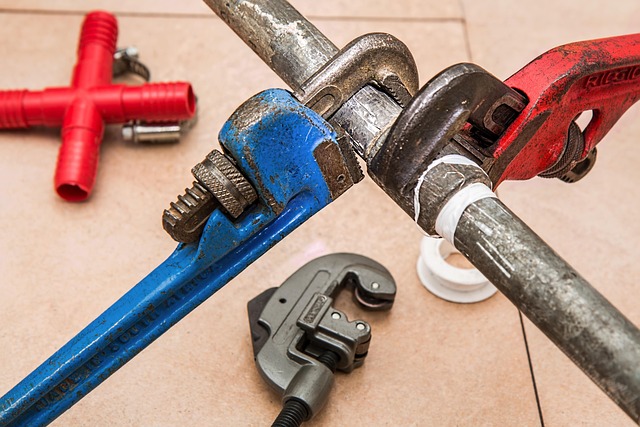Essential Guide to Garage Door Repair for Homeowners
A functioning garage door is more than convenience—it’s a key part of home security, curb appeal, and daily routine. Whether you notice unusual noises, slow movement, or a door that won’t close evenly, understanding common problems and repair options helps you make safer, smarter choices. This guide explains typical causes, basic troubleshooting, maintenance tips, and how to evaluate a contractor or decide when a professional repair is the best option. Read on to learn practical, reliable steps to keep your garage door operating smoothly and protect your home investment.

What causes garage problems?
Garage issues often stem from wear and tear on mechanical parts. Springs, cables, rollers, and hinges endure repetitive stress; springs can break, cables can fray, and rollers can seize. Track misalignment or bent panels also prevent smooth operation. Electronics like sensors or openers may fail due to wiring problems, battery issues, or circuit damage. Environmental factors—extreme temperatures, moisture, and debris—accelerate deterioration. Identifying the root cause usually starts with a visual inspection and listening for abnormal sounds during operation; this informs whether a simple fix or a professional repair is needed.
How to troubleshoot a garage door?
Begin troubleshooting by observing the door while someone operates the opener. Listen for grinding or snapping, watch for uneven movement, and test the manual release by disconnecting the opener to move the door by hand (only if it’s safe to do so). Check safety sensors near the floor for alignment and clean lenses with a soft cloth. Inspect tracks for obstructions and rollers for obvious wear. Test the auto-reverse feature by placing a small object in the door’s path. If electrical issues are suspected, verify power to the opener and replace batteries in remote controls. Document findings to share with a contractor if you call one.
When is DIY garage door repair appropriate?
Some maintenance and minor repairs are homeowner-friendly: lubricating rollers and hinges with manufacturer-recommended products, tightening loose hardware, and cleaning tracks. Replacing weatherstripping or remote batteries is usually safe. However, high-tension components—torsion springs, cables, and counterbalance systems—should be handled only by trained professionals because incorrect adjustments can cause severe injury or further damage. If the door is off its tracks, drops unexpectedly, or a spring is broken, stop DIY efforts and seek professional repair to ensure safety and correct operation.
How to maintain a garage door to protect your home?
Routine maintenance extends service life and preserves your home’s appearance and security. Clean and visually inspect the door and hardware every few months: remove debris from tracks, wipe sensor lenses, and check for rust or rot on moving parts. Lubricate rollers, hinges, and pivot points with a silicone-based or recommended lubricant annually. Balance-test the door by disconnecting the opener and lifting the door halfway; it should stay in place. Address paint touch-ups or replace worn weatherstripping to prevent drafts and moisture ingress. Keeping records of service helps track parts that may need replacement over time.
How to choose a contractor for garage door repair?
When selecting a contractor, prioritize licensed, insured professionals with verifiable local services and clear warranties. Look for contractors who provide written estimates, explain diagnostics, and outline parts and labor coverage. Ask about technician training, brands they service, and whether they offer emergency repairs. Check reviews and request references, focusing on responsiveness, punctuality, and transparency in pricing. A reputable contractor will refuse to perform unsafe DIY-style shortcuts and will document safety checks after repair. Comparing two or three reputable providers in your area helps ensure fair pricing and reliable service.
Conclusion
Proper garage door care balances regular maintenance, informed troubleshooting, and professional intervention when required. Understanding the common causes of failure and which tasks are safe for homeowners reduces risk and prevents minor problems from becoming major repairs. Choosing a qualified contractor who offers clear estimates, insurance, and a warranty ensures repairs are done safely and the door continues to protect and enhance your home.






